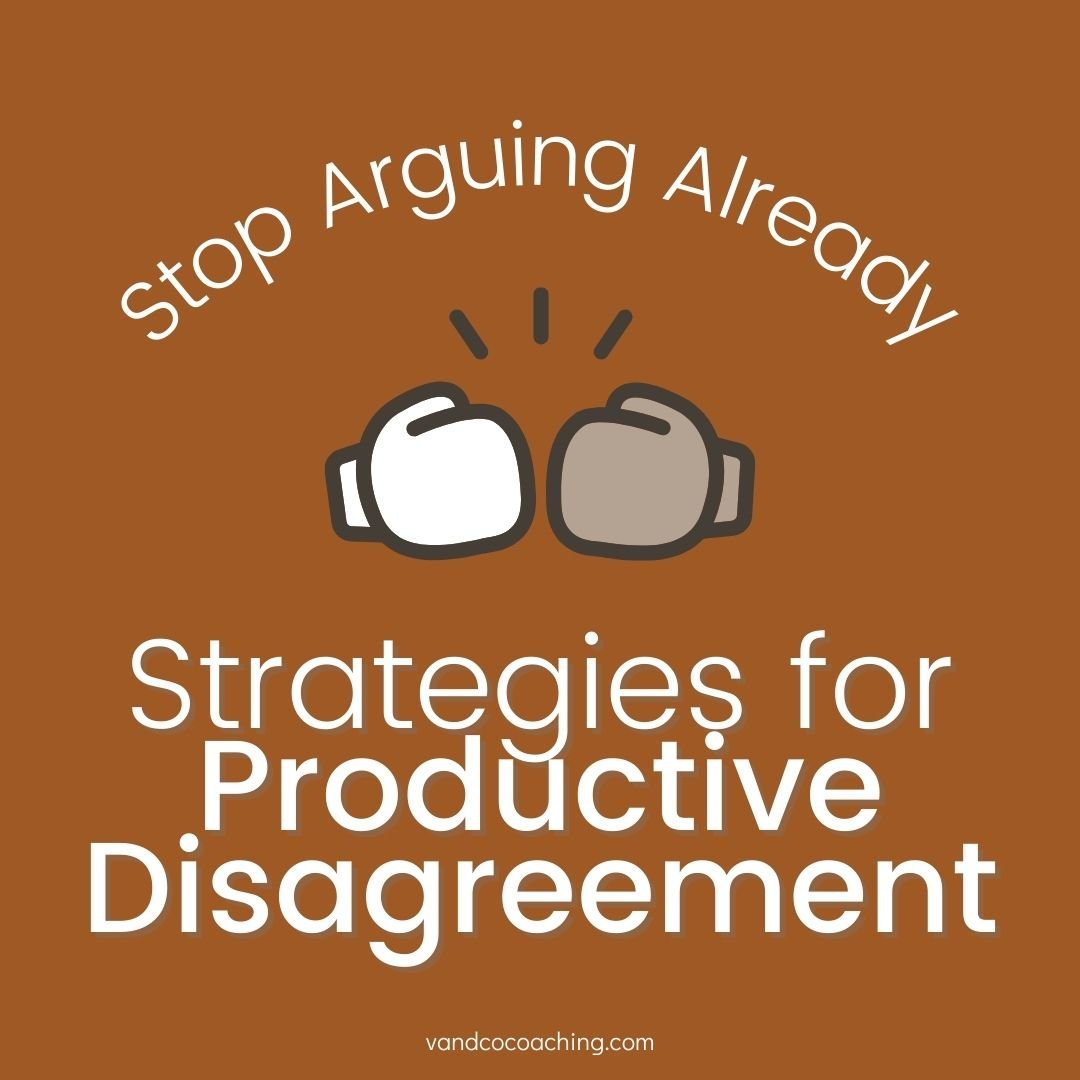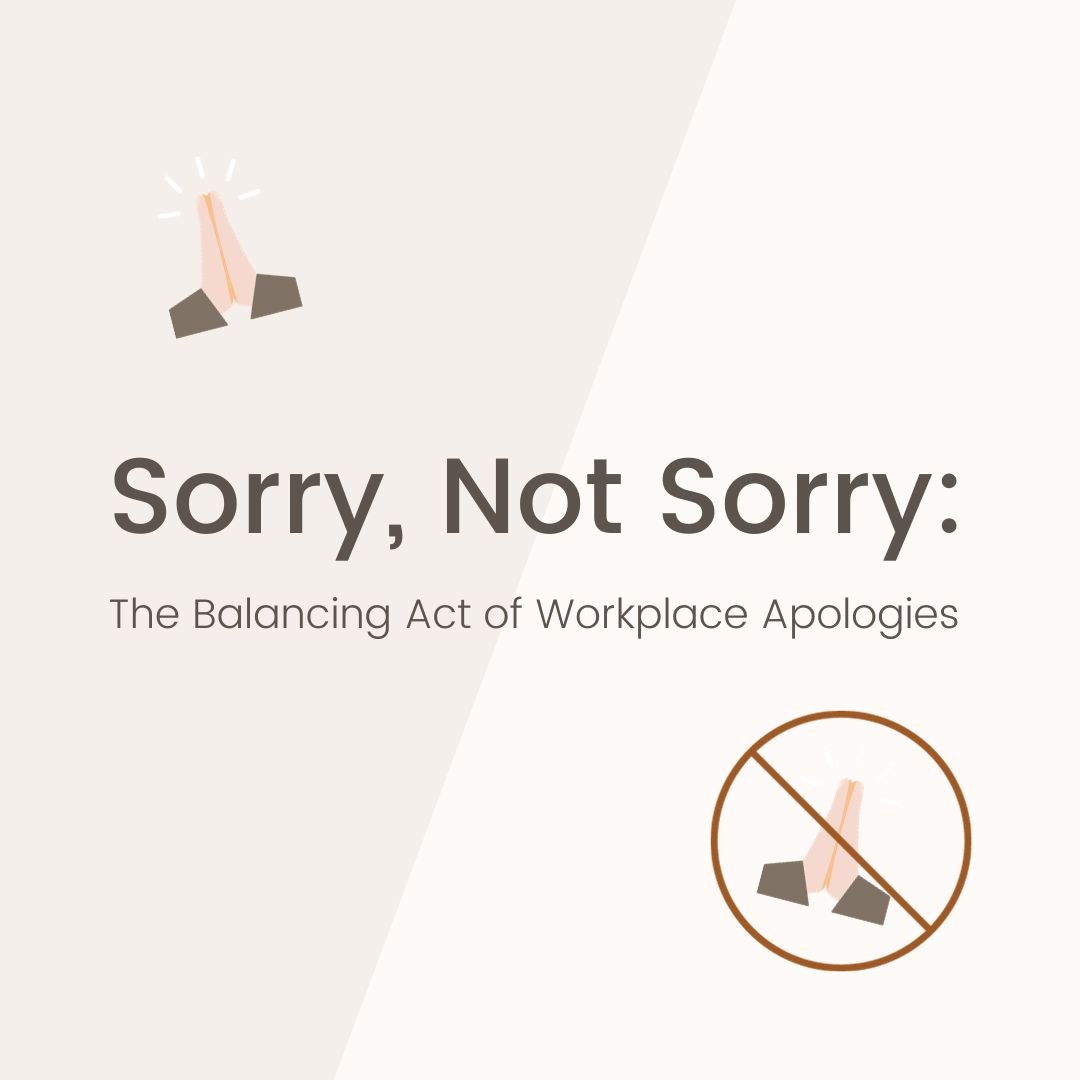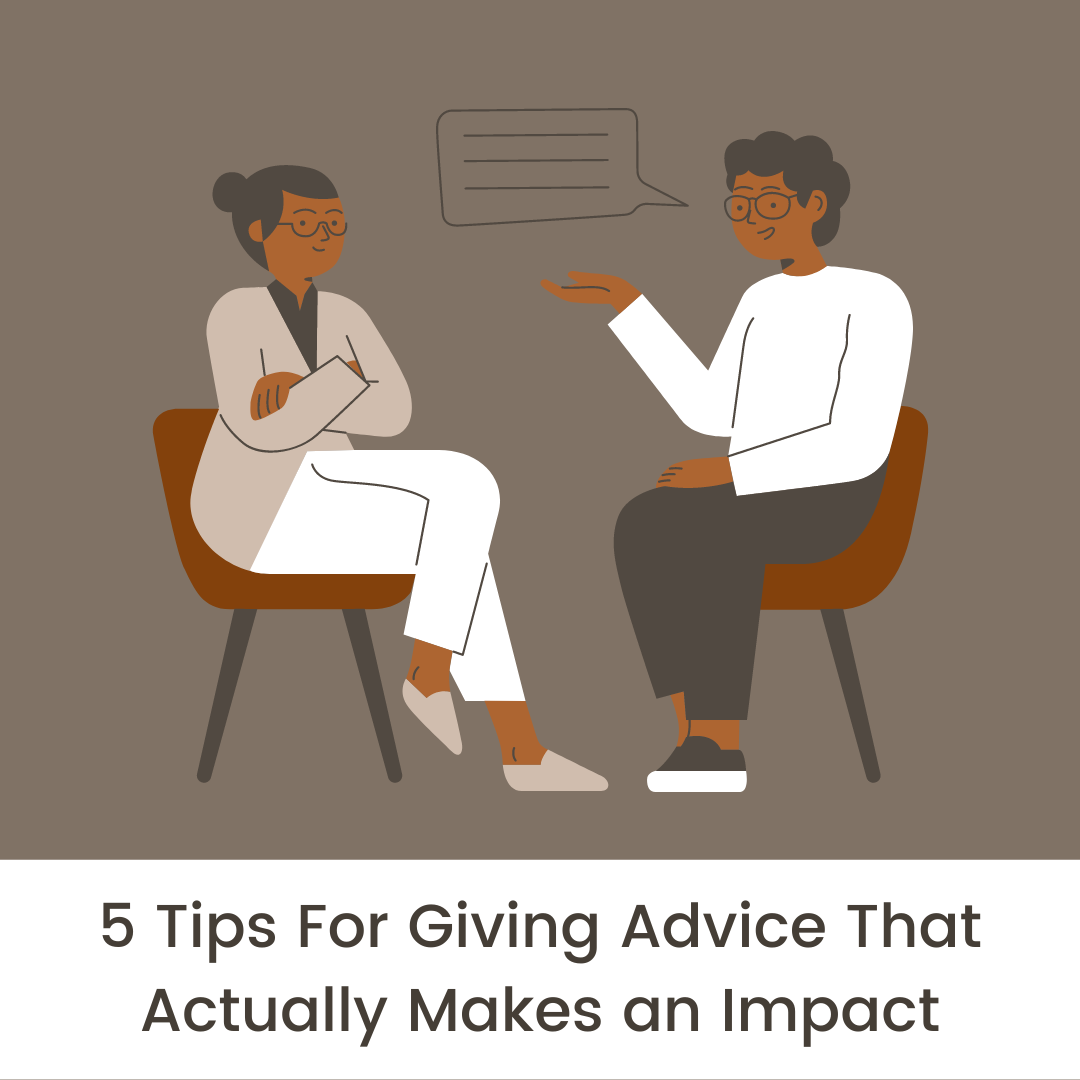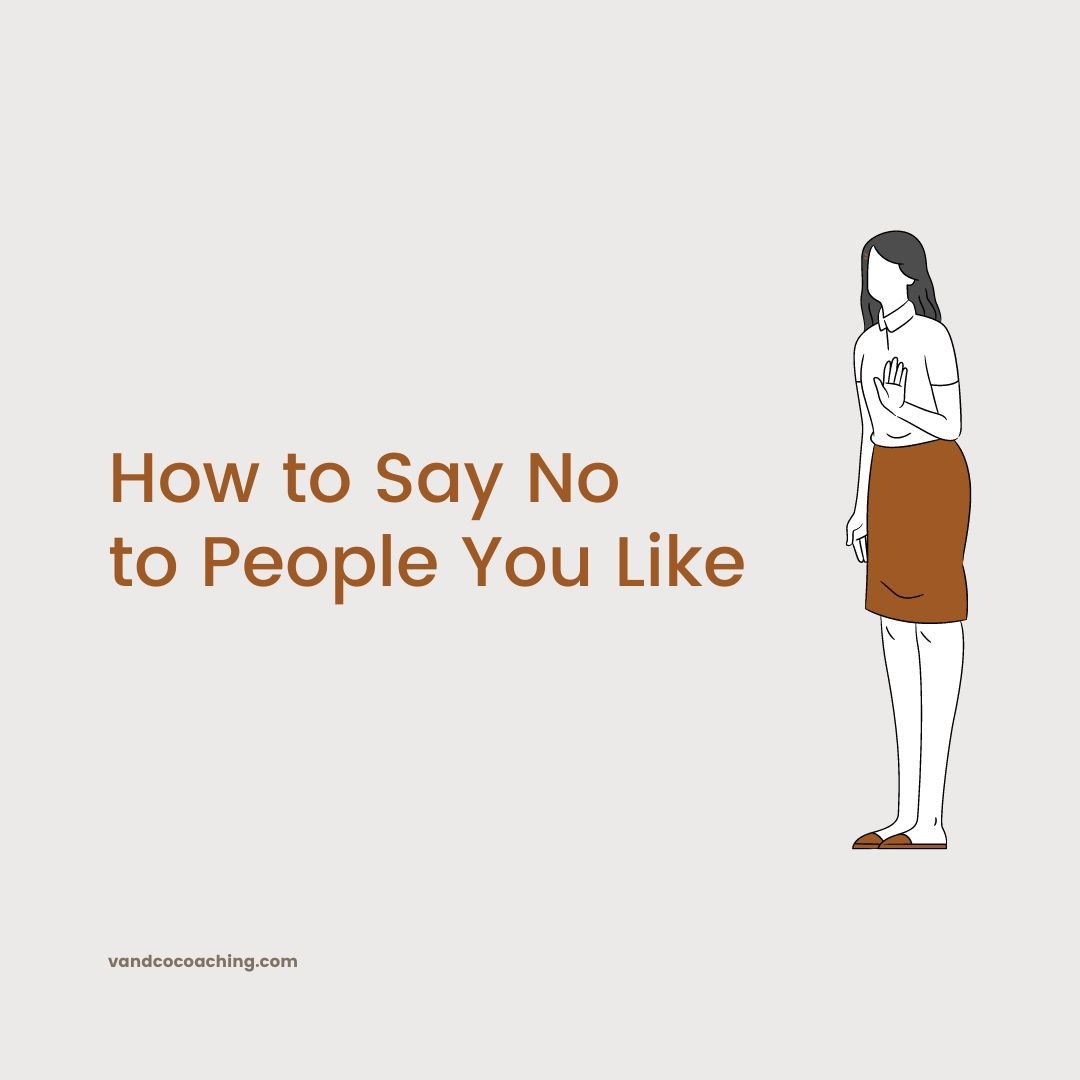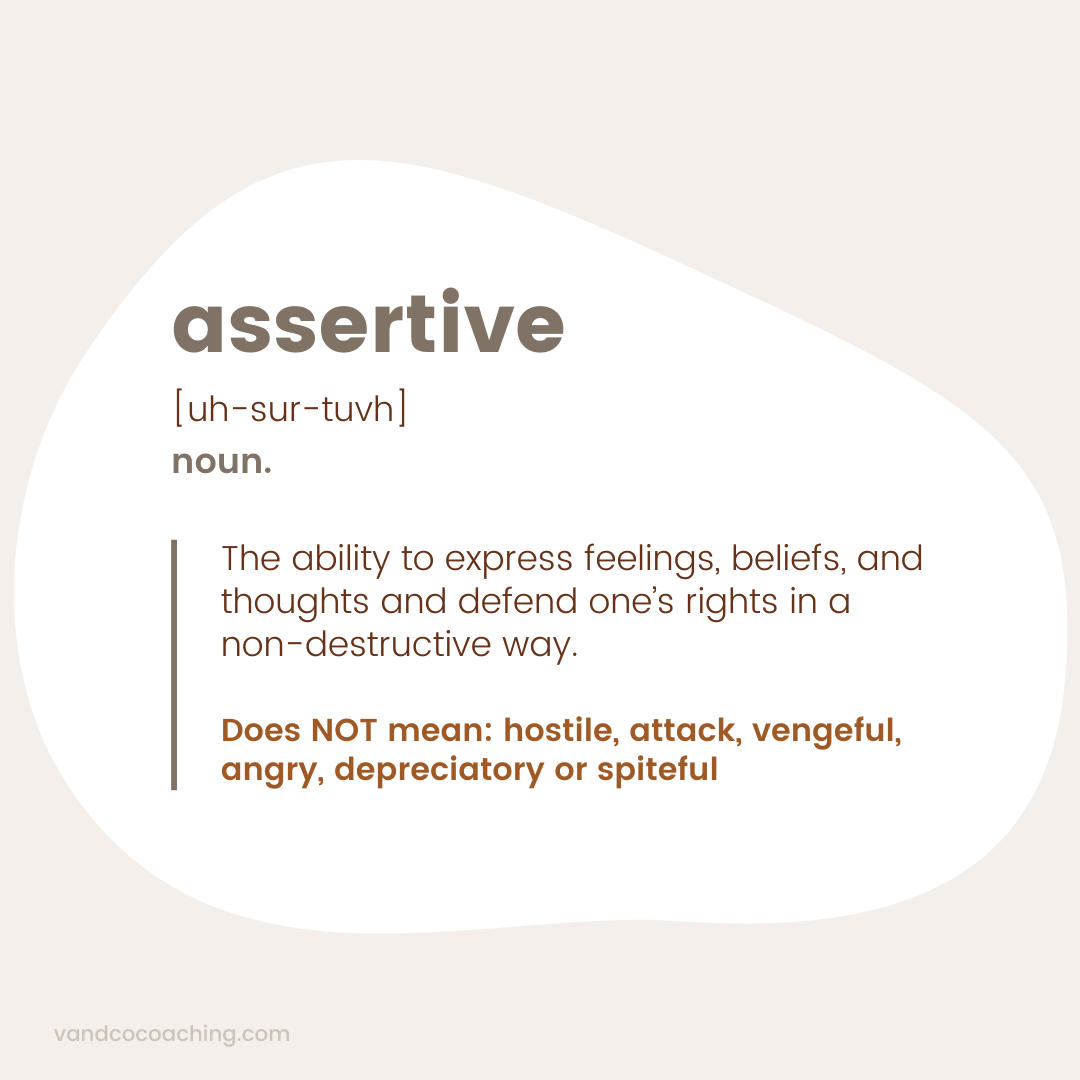Handling Conflict — Without Losing Yourself
Conflict Happens
“Hello?” I answered the phone.
“I need you to help me come up with a savage comeback,” my 14-year-old niece blurted.
A boy at her school had made a lewd comment, and she wanted to shut him down—as any warm-blooded teen would. Caught off guard, I tossed out a Swiftian* quote and quickly got off the phone. (*Taylor, not Jonathan—trying to score some teenage cred.)
That call got me thinking: how do we effectively respond to conflict—not just with words, but with emotional intelligence?
I knew exactly how she felt. I remembered being bullied—kids making fun of my last name (why exactly is being called “hamburger” supposed to hurt? IDK, but it did). I vividly recall the red-hot urge to strike back—to land a comeback so sharp it would cut deep.
But now, with time and experience, I see things differently. Does hurting someone back actually make anything better? If I could go back, what would I tell my younger self about handling conflict—not just winning an argument, but actually coming out ahead?
Whether you're dealing with a snide comment in a meeting, a passive-aggressive email, or a heated disagreement with someone you love, conflict challenges more than your communication skills—it tests your sense of self. This article is for anyone who's ever walked away from a tough conversation feeling either like they overreacted or didn’t stand up for themselves enough. If you've ever asked, “How do I handle conflict without losing who I am?”—you're in the right place.
So that’s the dive we’re taking today: difficult conversations and how to face conflict head-on. Conflict is uncomfortable, emotional, and often messy. With a little life experience, we start to see that the wittiest comeback won’t get us very far in a deeper, more complex situation. We begin to understand ourselves better—and ideally, we build the courage to express our needs clearly. But if you’re not there yet, that’s okay, you’re in good company.
The Big Picture
The pathway to gaining the confidence to conquer our emotional battles is multilayered. Let’s break it down: First, we’ll explore why conflict hits us so hard. Then we’ll look at how effective communication actually works. Lastly, we’ll get personal—defining what success in conflict really means for you.
The Reality of Conflict: Messy Like a Close-Up Monet
Many of us were never taught how to handle conflict—let alone how to do it in a healthy way. So when everyday disagreements arise, we’re often caught off guard by the hurt and confusion they bring. And when it comes to navigating tough conversations with clarity and confidence, few of us feel like pros.
When younger, we can often wait out our conflicts, but we can’t always bank on avoiding as an adult. The stakes get a little higher when avoiding conflict work at might mean finding a new job. I mean, in this economy?
Part of why conflict feels so hard is because it is hard. We’re wired to interpret confrontation as a threat, setting off alarms in our nervous system that scream fight, flight, or freeze. That’s why even a simple disagreement can feel bigger than it is: we’re not just responding to words; we’re responding to a lifetime of learned fears and the deep, very human need to be accepted and respected.
If conflict makes you anxious, you’re not alone. You’re responding to your emotional instincts. However, it’s not sustainable to fight, flight, or freeze all the time. We all get that feeling sometimes where we replay a disagreement in our heads wishing we said something different, or we regret the low blow we threw out in the heat of an argument. The good news is, we can navigate these feelings and behaviors by practicing effective communication.
What is Effective Communication?
Despite what my awesome niece thinks, conquering conflict sustainably is not about delivering the sharpest comeback. Sure, with some practice, you could potentially land a Kendrick Lamar-level dis, but is that even the impact we want to make?
Effective communication is about being clear on what you want and communicating it in a way that actually works. It’s about knowing what you want and adapting your message to your audience. At its core, effective communication isn’t about proving a point—it’s about showing up in a way that gets your needs met while respecting others.
What’s in Our Control with Effective Communication?
Studies in negotiation show that we’re more likely to seek long-term solutions to conflict if we anticipate we’ll have to deal with that person in the future. In other words, when we view conflict as part of an ongoing relationship, we tend to think beyond the short-term victory and consider the bigger picture. This means acknowledging what we can and cannot control in conflict.
Here’s what we can control:
Our intention—Knowing what we actually want from the conversation (clarity, resolution, for the other person to say or do something? an apology?).
Our behaviors—What you say and how you say it, because delivery matters.
Honoring the other person—Recognizing what’s at stake with them, their communication style, and adjusting accordingly.
And here’s what we can’t control (even though we sometimes wish we could):
Other people’s reactions—You can communicate perfectly, and they still might not respond how you’d like.
Their opinions—You don’t have to change someone’s mind for a conversation to be successful.
The past—No redo button, just the ability to move forward differently.
Effective communication is leaning into the control we have over our intentions and behaviours, not about winning or losing an argument. You will know you won when you leave the conversation knowing you handled yourself in a way you won’t regret—whether it’s making your voice heard, or simply choosing not to engage in a fight that isn’t worth your energy.
Defining Success for Yourself
Part of understanding how to handle yourself stems from knowing what you want out of a tough conversation. Before stepping into the discussion, pause for a second and define what success means to you. Since you lack control over other people’s reactions and opinions, If you don’t define your success, you risk getting stuck in an inflexible exchange or discouragement and avoidance of the discussion altogether. To get clear on that, ask yourself:
What do I feel, and what is that telling me about what I need?
Are you hurt? Angry? Embarrassed? Naming what you’re feeling can help you respond intentionally rather than reacting in the heat of the moment. Emotions aren’t just noise—they offer clues about what really matters to you and what needs might not be met in a situation. I like to use a list of universal human needs from Nonviolent Communication (NVC) to ask myself: What unmet needs are my emotions pointing to? It’s easy to get stuck on what our ego wants—like putting someone down or ‘winning’—but the real question is, what’s actually at stake for you? Let that insight guide how you respond.
What are my positions and interests?
In negotiation and conflict resolution, we often talk about positions and interests. Your position is what you say you want—like an apology, a raise, or a different behavior. But your interest is the underlying reason why you want it—like feeling respected, safe, or valued.
For example:
Position: “I need you to stop messaging me late at night.”
Interest: “I need clearer boundaries to feel safe and respected.”
If you only focus on positions, conflict can become a tug-of-war. But when you uncover your interests—and get curious about the other person’s—you open up more space for resolution and understanding.
Before a hard conversation, ask yourself:
What do I say I want (my position)?
Why do I want it—what’s the deeper need or value behind it (my interest)?
You may not always get the exact outcome you hoped for, but you’ll show up with more clarity and integrity. That’s a win.
Who Do You Want to Be in This Situation? (Values Check-In)
Before reacting, pause to ask: What’s most important to me in this situation—and in this relationship? Is your goal to protect the relationship, express a boundary, or simply be heard? You’ll likely respond differently to a one-time stranger than to your boss, best friend, or someone you interact with regularly.
Use your values as a compass. Who do you want to be in your relationships? What does integrity look like for you here? Let those answers shape your tone, words, and actions—so you don’t just react, but respond in a way that reflects your whole self.
When you let your values lead, you’re more likely to walk away with clarity and self-respect. That’s the real win in any conflict—not dominance, but authenticity.
Conclusion
Thinking back to my niece—what was she really asking for? Maybe it wasn’t just about crafting the perfect comeback. Maybe it was about wanting to feel powerful, respected, and in control of a situation that made her feel small.
And isn’t that what most of us want in moments of conflict? Not just to win the moment, but to feel seen, heard, and strong enough to stand our ground without losing ourselves. A sharp retort might bring momentary satisfaction, but long-term confidence comes from knowing who you are, what you value, and how to express that—even when emotions run high.
The next time you find yourself in a tough conversation, try shifting the goal. Instead of aiming to "win," ask yourself: What would it look like to walk away proud of how I showed up? That’s where real strength lives—and that’s the kind of confidence that doesn’t need a mic drop to be powerful.
Next time, we’ll explore how understanding the other person’s view can change everything—and some totally neat tricks on how best to get your needs met, knowing you can’t control the other person.
Vanessa is an Executive and Leadership Coach and founder of V & CO Coaching, where she helps the overachieving and underfulfilled develop self-leadership skills so they can make their unique impact on the world. Having spent much of her life worrying about what others want, she now measures her life with the yardstick of joy. The joystick, as it were.







